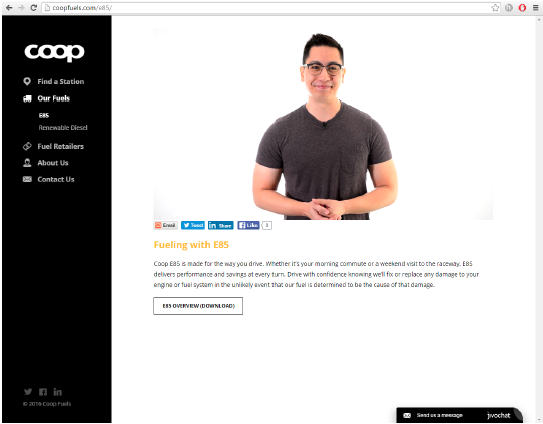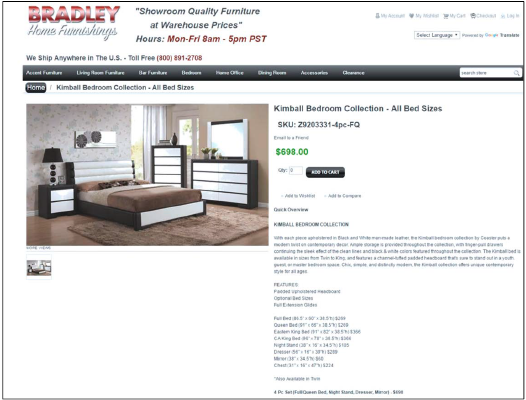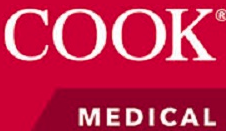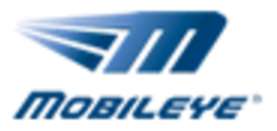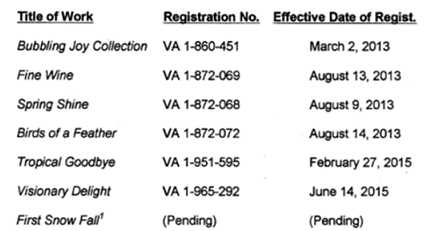Indianapolis, Indiana – An intellectual property attorney for J & J Sports Productions, Inc. of Campbell, California filed three new lawsuits in the Southern District of Indiana, each alleging interception.
Defendants in the three lawsuits are alleged to have unlawfully intercepted and broadcasted a championship fight, Floyd Mayweather, Jr vs. Marcos Rene Maidana, WBC Welterweight Championship Fight Program, on May 3, 2014. J & J Sports states that it is the exclusive domestic commercial distributor of this program.
The first lawsuit was filed against Luxe Lounge, Inc. and John Hawkins, an officer of the company. Both Defendants were sued doing business as Luxe Lounge, which operates in Indianapolis. Hawkins was also sued individually.
The second lawsuit lists as Defendants Rest Mex, Inc. as well as Samuel Barrera and Benito Brito Flores, both officers of the company. All Defendants were sued doing business as Taqueria Jalisco of Indianapolis, Indiana. Barrera and Flores were also sued individually.
The final lawsuit was filed against Don Marcos, Inc. and Jose Diaz-Chavez, an officer of the Indianapolis corporation. Both Defendants were sued doing business as Don Marcos Restaurante and Taqueria. Diaz-Chavez was also sued individually.
The three complaints, filed by intellectual property counsel for J & J Sports, are similar, each listing three claims:
• Count I: Violation of Title 47 U.S.C. Section 605
• Count II: Violation of Title 47 U.S.C. Section 553• Count III: Conversion
J & J Sports asks the Indiana court for damages, attorneys’ fees and costs.
Practice Tip: The interception claim has a two-year statute of limitations, which explains why these complaints were filed on April 29, 2016, almost exactly two years after the broadcast date of the program at issue. J & J Sports and similar plaintiffs are frequent litigants, filing thousands of lawsuits per year, usually seeking a settlement instead of litigation. It appears that many of them are also filed near the eve of the two-year anniversary of the broadcast of the program at issue in each individual lawsuit.





